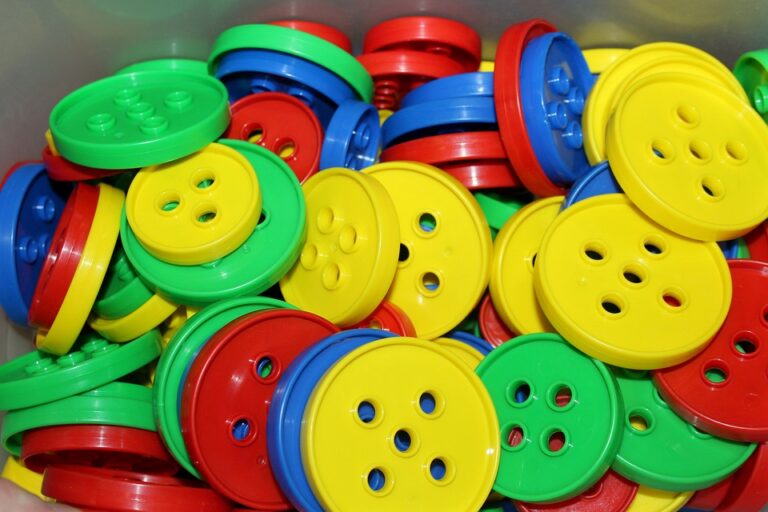
Playing games has always been a popular way for children to learn and have fun at the same time. But did you know that educational games can have a significant impact on student success in the classroom? Research has shown that learning through play can improve important skills such as critical thinking, problem-solving, and collaboration.
Educational games are designed to make learning engaging and interactive. By incorporating elements of competition, strategy, and teamwork, students are able to immerse themselves in the material and retain information more effectively. This hands-on approach to learning allows students to apply what they have learned in a practical and meaningful way.
One of the key benefits of educational games is that they can be tailored to meet the individual needs of students. By providing different levels of difficulty, students can work at their own pace and build upon their existing knowledge. This personalized approach to learning helps to boost confidence and motivation, leading to greater success in the classroom.
Furthermore, educational games can help students develop important skills that are not always taught through traditional methods. For example, games that require problem-solving and critical thinking can help students develop their analytical skills and become better at making decisions. Additionally, games that involve collaboration and teamwork can improve social skills and communication, which are essential for success in both academic and professional settings.
Incorporating educational games into the classroom can also make learning more enjoyable for students. By turning lessons into a fun and interactive experience, students are more likely to be engaged and focused on the material. This, in turn, can lead to improved academic performance and a greater sense of achievement.
It is important to note that educational games should not be seen as a replacement for traditional teaching methods, but rather as a complementary tool to enhance learning. By combining the benefits of both traditional instruction and play-based learning, educators can create a well-rounded and effective curriculum that caters to the diverse needs of students.
In conclusion, educational games have a positive impact on student success by making learning more engaging, interactive, and personalized. By incorporating games into the classroom, educators can help students develop important skills such as critical thinking, problem-solving, and collaboration, leading to greater academic success and a lifelong love of learning.
Younger Glowing Skin - Discover Ancient Ayurvedic Secrets at DoctorIndiaHerbals.com
Explore One of the Largest Collections of Dinosaur-Themed Toys, Games, Gifts, Decor, and More at DinoAvenue.com
Discover Premium Design Elevator Shoes for Men and Women at LondonCobblers.com
Discover Hidden Family Destinations for Vacations at Places.Travelz.io
Find the Best Deals on Airfare and Hotels with Advanced Metasearch Technology at www.Travelz.io
30% off on Kids items
STEM science experiments for Kids
Premium Science Toys and experiments